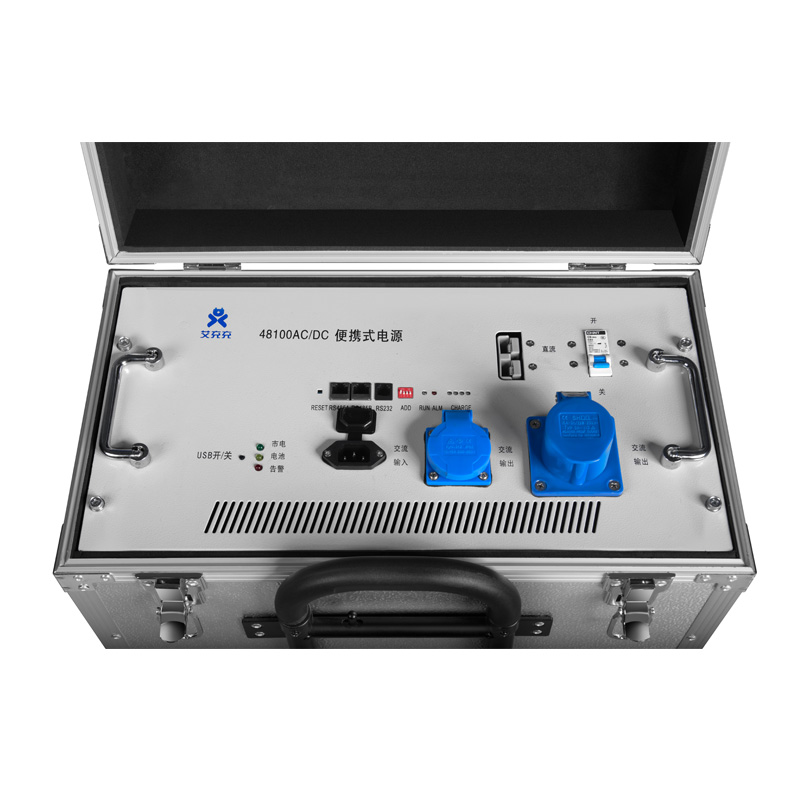
Nov . 06, 2024 19:32 Back to list
Energy Storage Solutions for Electric Utilities and Commercial Applications in Industrial Settings
Battery Energy Storage Systems for Electric Utility, Industrial, and Commercial Applications
In recent years, the demand for sustainable energy solutions has surged, leading to the rapid development of Battery Energy Storage Systems (BESS). These systems have emerged as a cornerstone technology in the transition towards greener energy sources, particularly in electric utility, industrial, and commercial applications. With the ability to store energy generated from renewable sources, BESS plays a crucial role in ensuring energy reliability, enhancing grid stability, and enabling cost savings.
At the heart of BESS technology is the ability to store excess energy during times of low demand or when renewable generation is high—such as during sunny days for solar or windy days for wind energy. This stored energy can then be dispatched during peak demand periods or when renewable generation is low, effectively smoothing out the fluctuations associated with these variable energy sources. By acting as a buffer, battery systems help to balance supply and demand, which is essential for maintaining a stable and reliable electricity grid.
For electric utilities, the integration of BESS provides several advantages. Firstly, it enhances the utility’s ability to implement demand response strategies, allowing for better management of peak loads. This capability not only reduces the need for costly peaking power plants but also minimizes the wear and tear on existing infrastructure. Furthermore, utilities can leverage battery systems for frequency regulation, grid stabilization, and voltage support, thus improving overall grid resilience.
In the industrial sector, energy storage systems facilitate greater operational efficiency by providing instant access to stored energy during critical operational periods. Industries often face fluctuating energy prices and demand, making BESS an attractive option for managing energy costs. By utilizing stored energy during peak pricing periods, companies can significantly reduce their electric bills. Moreover, with the growing emphasis on sustainability, many industries are adopting battery storage to enhance their green credentials and lower their carbon footprint.
battery energy storage systems for electric utility industrial and commercial applications

Commercial applications also stand to benefit immensely from BESS. Businesses are increasingly investing in energy storage to stabilize energy costs, particularly as energy prices continue to rise. Battery systems enable commercial entities to harness renewable energy, thus reducing their dependence on traditional power sources. Additionally, battery storage can support microgrid development, allowing businesses to operate independently from the main grid during outages or peak demand moments. This not only safeguards their operations but also provides a competitive edge in terms of sustainability and energy management.
Moreover, the cost of battery technology has been steadily decreasing, driven by advancements in lithium-ion batteries and other emerging technologies. This decline in cost makes BESS an increasingly viable solution across various sectors. Governments and regulatory bodies are also recognizing the potential of battery systems, resulting in supportive policies, incentives, and funding opportunities that encourage their adoption.
However, challenges remain in the widespread implementation of BESS. Issues such as battery lifecycle and recycling, energy density, and scalability must be addressed to maximize the benefits of such systems. Continued research and development efforts are essential for overcoming these challenges and ensuring that battery storage can meet the growing energy demands of electric utilities, industries, and commercial enterprises.
In conclusion, Battery Energy Storage Systems are positioned to play a pivotal role in the transformation of energy management across electric utility, industrial, and commercial sectors. As the world shifts towards more sustainable energy solutions, BESS offers a pathway to enhance energy reliability, achieve cost savings, and support the integration of renewable energy sources. The future of energy lies in storage, and as such, BESS will undoubtedly be at the forefront of this revolution, enabling a cleaner, more efficient, and resilient energy landscape for generations to come.
-
Optimized Storage System for GPT-4-Turbo | High Performance
NewsJul.31,2025
-
AI Energy Management System w/ GPT-4 Turbo Efficiency
NewsJul.31,2025
-
High-Performance Energy Storage System for Reliable Power Solutions
NewsJul.30,2025
-
Advanced EMS Solutions for Energy Management System & Storage Battery Companies
NewsJul.29,2025
-
Intelligent Energy Management for Homes - Efficient Storage Solutions
NewsJul.29,2025
-
High-Efficiency Energy Storage System Solutions for Reliable Power
NewsJul.29,2025























